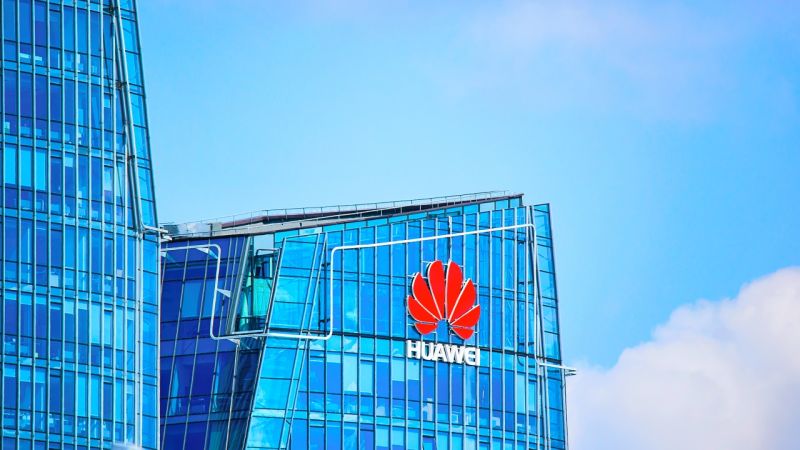Last week we were a little surprised when Huawei announced a press conference live from their Shenzhen headquarters and proceeded to state, while reading from several Mate X phones, that the company was going to sue the US government.
At the time, we discussed internally what this would mean for Australia, given that our government has banned Huawei from our 5G networks without any evidence that they were willing to share with anyone, Huawei included. At the time, we were unsure whether Huawei would also sue the Aussie government but it seems that the Australian government is safe, for now.
When questioned about this, a Huawei spokesperson said that they had no plans to file legal proceedings against the Australian government:
Although we have differences with the (Australian) federal government, we are still willing to cooperate… At present, the legal challenge is not a priority.
We must say this is an “at present, not yet” statement and does not mean that they will not proceed down that path in the future. It may also be more difficult with Australian law given our less than thorough constitution that doesn’t specify so many rights and restrictions as does US law.
In the meantime all eyes will be on the courts in Texas, where Huawei is suing the US government. A win for Huawei may be short lived; there’s no guarantee that a declaration that this particular legislation is unconstitutional would stop the US from taking a different approach.
Curiously, the approach in the US was criticised for legislative overreach; the approach taken in Australia addresses this by setting up the framework and allowing the executive to make particular findings and decisions. Had the US taken this approach, we’d probably have a very different situation on our hands.
One thing is for sure, Australia seems to be taking the US lead here. A change of approach in the US could see a change of heart locally too, especially when the UK government has advice that the security risk posed there by Chinese firms – including Huawei – is eminently manageable.
This is far from finished in both countries — watch this space.


